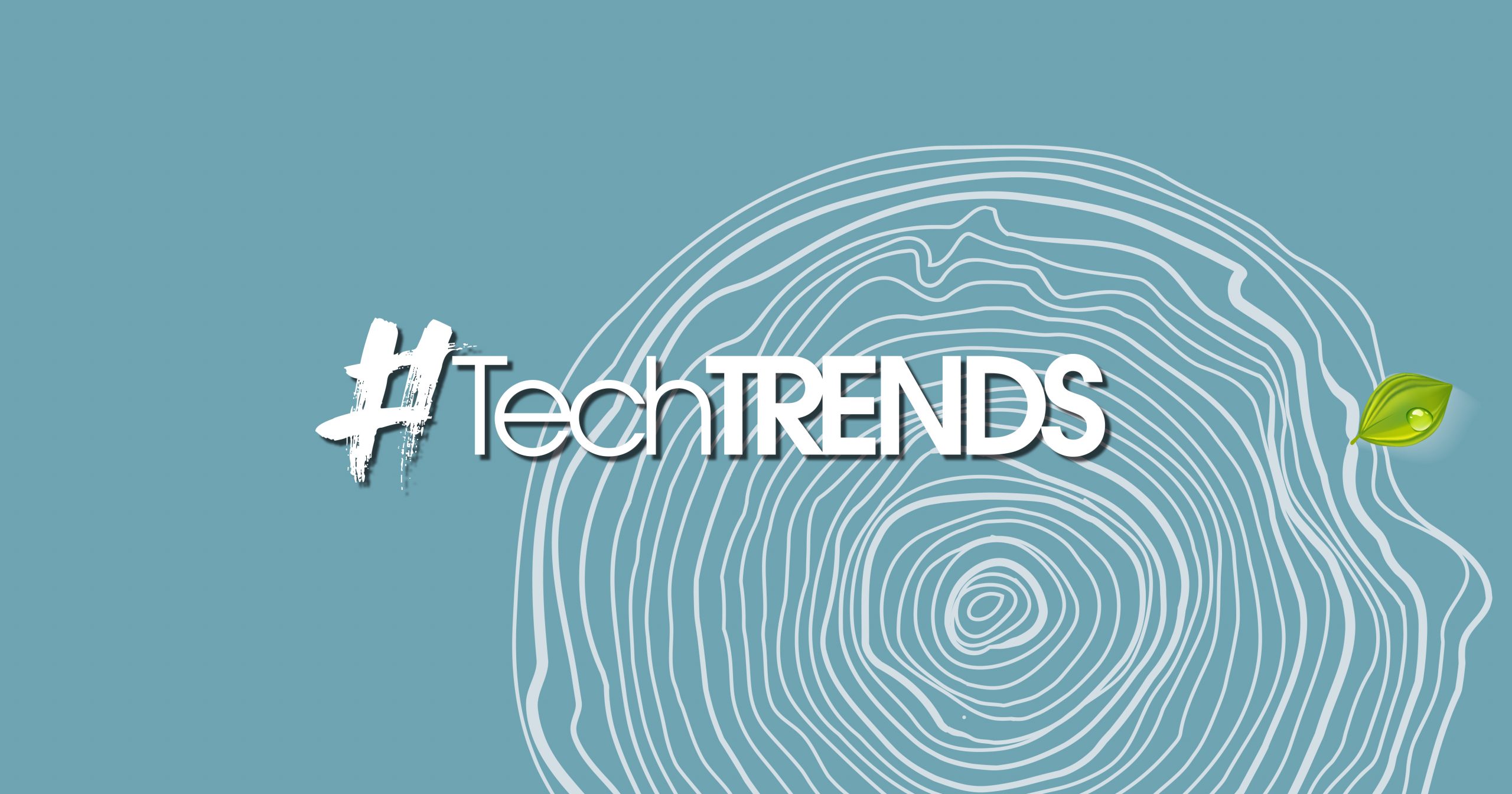Green coding / Eco-design: the environment at the core of digital

Eco-design / Green coding
As a leading IT partner, we place our customers’ digital challenges at the core of our priorities. The current nature of their concerns is twofold: environmental and economic. Firstly, because CSR requirements aim to reduce environmental impact, and secondly, because when software consumes less, it costs less.
Eco-design addresses both things. And more specifically that means green coding, or ensuring that the code uses as few processor instructions and as little memory space as possible to reduce energy consumption and therefore the cost of the machines that process it.
Digital evolution & impacts
This impact is partly due to Moore’s Law, which has allowed the exponential increase in information storage capacity and, with it, the saturation of data centres, which are overflowing with little-used services. These services could be replaced by other, less energy-intensive services, allowing a better distribution of consumption.
As this model of excessive consumption is clearly not sustainable for the world of tomorrow, eco-design must no longer be limited to hardware, as has been the case since the 1990s, but must now also extend to the software side of all IT companies.
What added value?
An eco-design completed without additional development costs for data centres and data transit guarantees 30% savings on the total IT energy consumption.
And this is an even more strategic prospect, since in a world limited by its finite resources, eco-designed coding would guarantee much higher IT performance for companies. Because one of the benefits of green coding is that it produces quality: fewer processor executions and less memory usage guarantee much faster response times. Future websites or applications should be designed by companies that better account for these new constraints.
In order for eco-design to move past being a trend and to become a standard in the IT industry, the implementation of labels and energy-saver certificates throughout the application cycle will be necessary to achieve high-quality production, since it will be measured and controlled. Professionals and individuals alike will also need to be educated extensively about this approach, since broad awareness among end users about the impacts of their actions on something that may seem immaterial to them, such as an application, will be crucial in helping to reduce the trend.
Combining eco-design and IT: A future initiative ALTEN is preparing for
Taking eco-design into account in any software development, application design or IS architecture will therefore be key to limiting the environmental and economic impact of the data we produce. This is an initiative for the future, and ALTEN is preparing for it in terms of technology and the associated change management.
First, by training young IT engineers who join the company – and who have grown up watching the shift of computing power to the cloud – to have a stake in green code development. This is meant to leverage the appropriate tools in a measured, controlled, economical and therefore high-quality way for the end user.
It is precisely because we can only control what we measure that ALTEN, through its multidisciplinary teams, is implementing metrics tools through R&D projects in the eco-design of intelligent systems.
The latter, which are a guarantee of even greater autonomy but are no less constrained, complex and energy-intensive, cover the entire value chain: software, hardware, AI and data communication. The proper interplay of these elements, which implies mastery of different languages and a comprehensive vision of energy constraints, is essential to meeting the new challenges.
ALTEN know-how
The Group has already applied its know-how in R&D projects in the following areas:
As a multi-sector manufacturer and leading IT partner, we have the responsibility to be a part of this change in order to contribute to building a fairer world for tomorrow. We can do this at ALTEN thanks to our eco-responsible engineers and the strength of our organisational model, which allows us to take on projects with a high level of commitment.
Interview with Steve Peguet, ALTEN Scientific Director.
Sources for key figures:
[1] https://www.greenit.fr/2020/10/13/x38-notre-consommation-de-donnees-en-10-ans/
[2] https://www.greenit.fr/2020/08/18/x171-la-croissance-du-poids-de-nos-logiciels/
[3] https://lejournal.cnrs.fr/articles/numerique-le-grand-gachis-energetique
[4] https://www.ademe.fr/sites/default/files/assets/documents/guide-pratique-face-cachee-numerique.pdf






